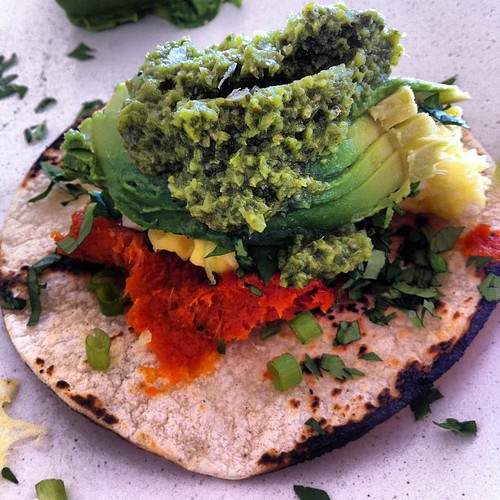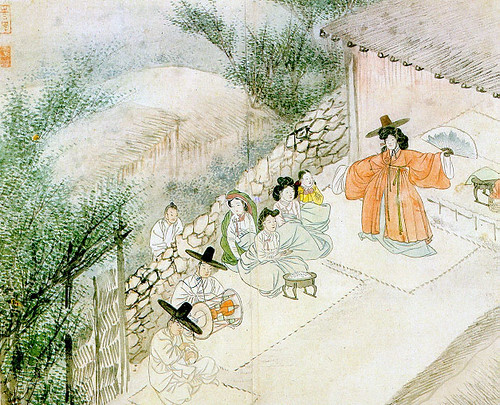Welcome to Word Buzz Wednesday, your go-to place for some of the most interesting words of the week. The latest: compromising material, Japanese trainspotting, food that sounds delicious.
kompromat
“‘The Kremlin does not have ‘kompromat’ on Trump.’ That was how Russia rejected claims that it has compromising personal and financial information about US President-elect Donald Trump.”
Bryony Jones and Eliza Mackintosh, “What is Kompromat?” CNN, January 12, 2017
Kompromat translates from Russian as “compromising material.” The practice of gathering kompromat, says CNN, “is a well-known tactic in Russia.” To understand it, says Igor Sutyagin, senior research fellow at London’s Royal United Services Institute, “you must first understand Russia’s political culture,” and that it’s “standard for Russian politicians to gather kompromat on all members of their inner circle,” and even “a matter of survival.”
heckler’s veto
“Snyder, with the First Amendment Coalition, said that what happened at UC Davis on Friday may have been what’s called ‘the heckler’s veto.’”
Sammy Caiola, Hudson Sangree, Christopher Cadelago, “UC Davis embroiled in another free-speech controversy,” The Sacramento Bee, January 14, 2017
Heckler’s veto refers to “a controversial legal position taken by law enforcement officers based on an alleged right to restrict freedom of speech where such expression may create disorder or provoke violence.”
In this case, according to The Sacramento Bee, speeches by Milo Yiannopoulos, editor of the right-wing Breitbart News, and Martin Shkreli, best known for “raising the price of the lifesaving drug Daraprim by more than 5,000 percent,” were canceled due to the perceived danger from the 150 protesters who had gathered, although “no weapons of any kind were confiscated.”
wet foot, dry foot
“‘Wet foot, dry foot’ allowed only those Cubans who made it to U.S. soil to stay. Those caught at sea were to be turned away.”
Adrian Florido, “End Of ‘Wet Foot, Dry Foot’ Means Cubans Can Join Ranks Of Undocumented,” NPR, January 15, 2017
In 1995, President Bill Clinton put in place the “wet foot, dry foot” policy, a revision of “a more liberal immigration policy,” says ABC, which allowed “Cubans caught at sea trying to make their way to the United States … into the country” and “to become legal residents after a year.” This was because the U.S. didn’t want to “send people back to the communist island then run by Fidel Castro, and the Cuban government also generally refused to accept repatriated citizens.” The “wet foot, dry foot” policy only allowed those who actually made it to dry land to stay while those caught on water were turned away.
tori-tetsu
“Then there are tori-tetsu like Muneki Watanabe and Katsuhiko Orido, 43 and 49, respectively, who spend many of their weekends taking photos of various trains.”
Anna Fifield, “Japan’s trains are in a league of their own. Japan’s subculture of train fanatics is no different,” The Washington Post, January 6, 2017
Tori-tetsu are train hobbyists and translates from Japanese as “take train.” In addition to tori-tetsu, says The Washington Post, are nori-tetsu, those who enjoy traveling on trains; oto-tetsu, those who record train sounds; eki-tetsu, those into studying about stations; and our favorite, ekiben-tetsu, “aficionados of the exquisite bento lunchboxes sold at stations.”
smound
“What you hear can change the way your cells process odors. The noise in your environment or in your mouth can impact the scents you perceive. Some members of the media dubbed this connection ‘smound.’”
Molly Birnbaum, “Taste with Your Ears,” Cook’s Science, December 19, 2016
Smound is a blend of “smell” and “sound.” Daniel Wesson, a professor of neurosciences at Case Western Reserve University, tells Cook’s Science that when “you’re eating food, you’re not just tasting.” You’re smelling, “feeling the texture,” and hearing the food, and that it all comes together “to give you the unique perception you know as that food.”



![[xmas display]](https://c7.staticflickr.com/4/3204/3117142334_25d97e1689.jpg)


